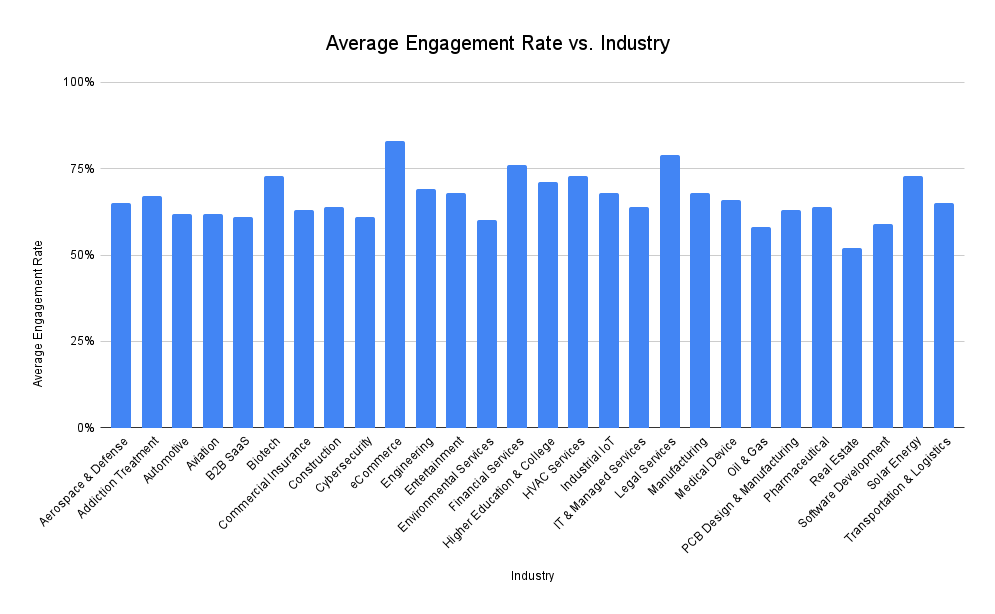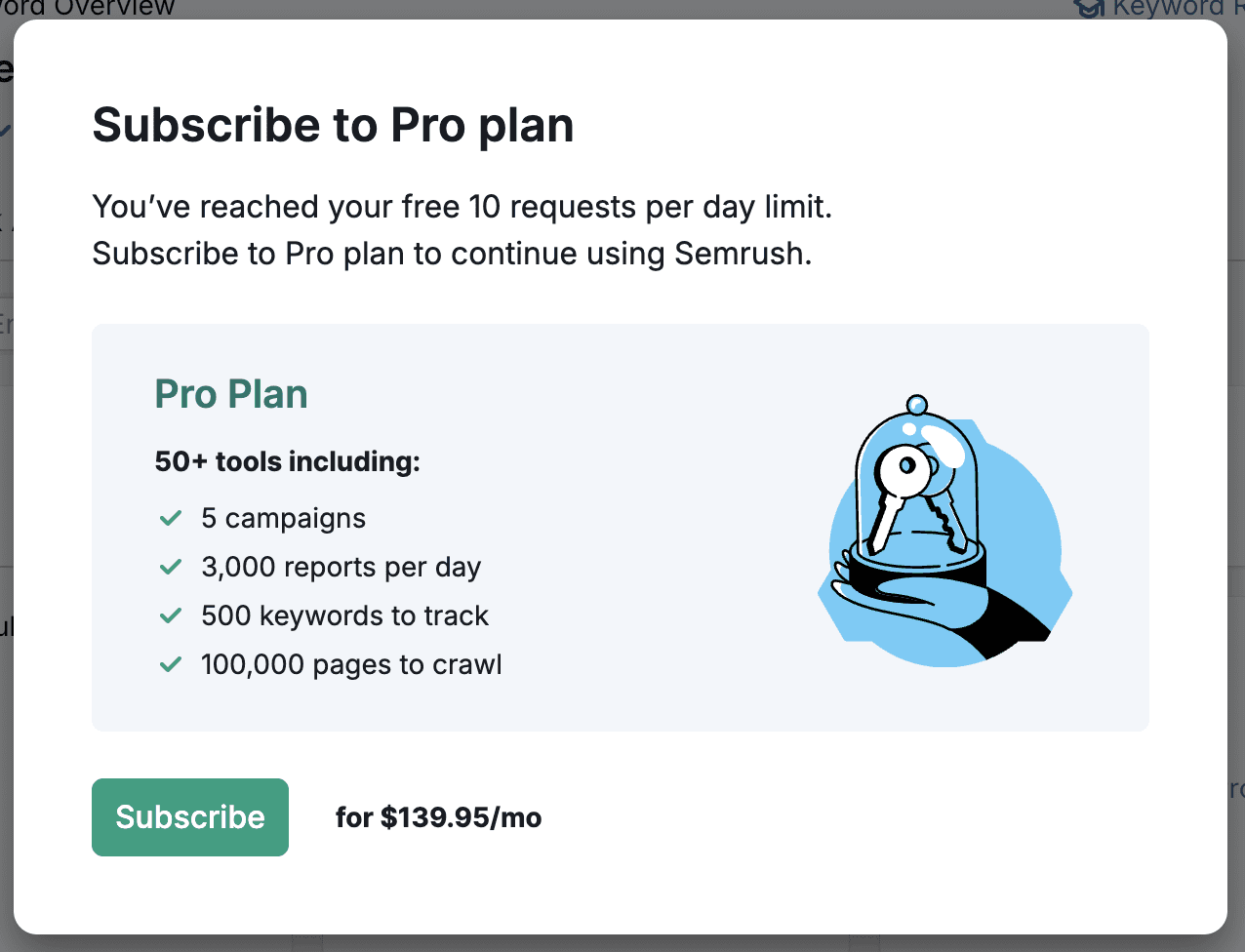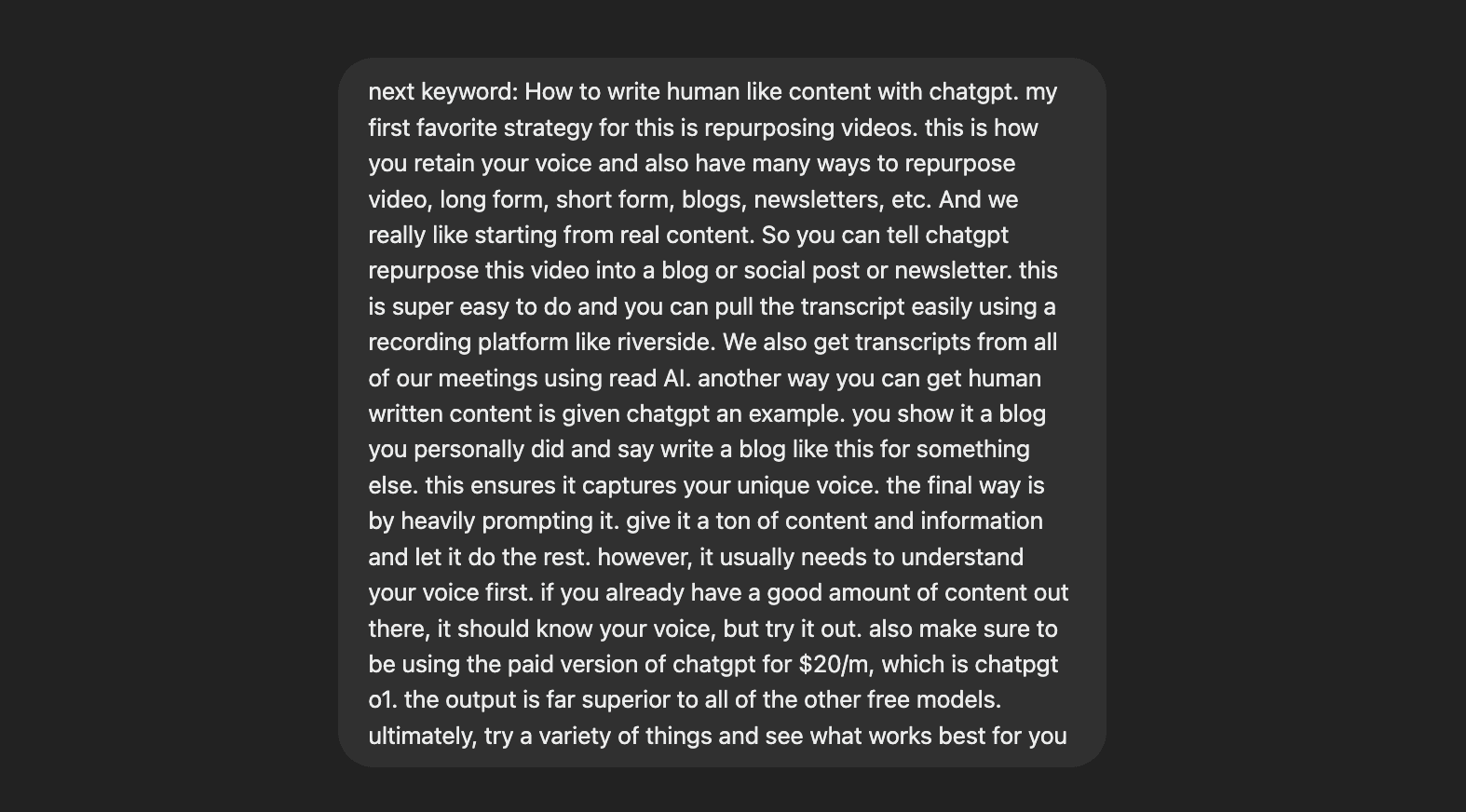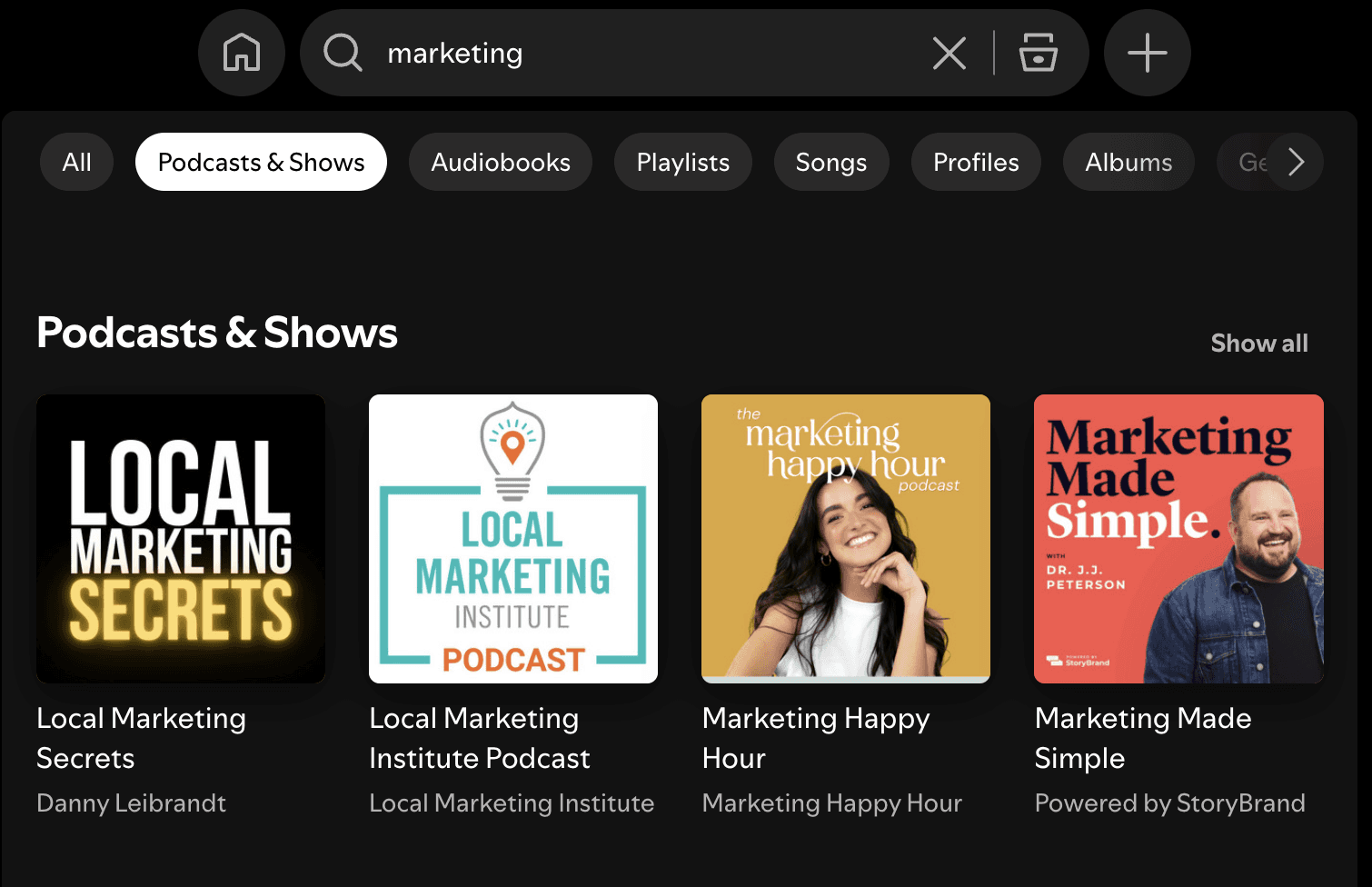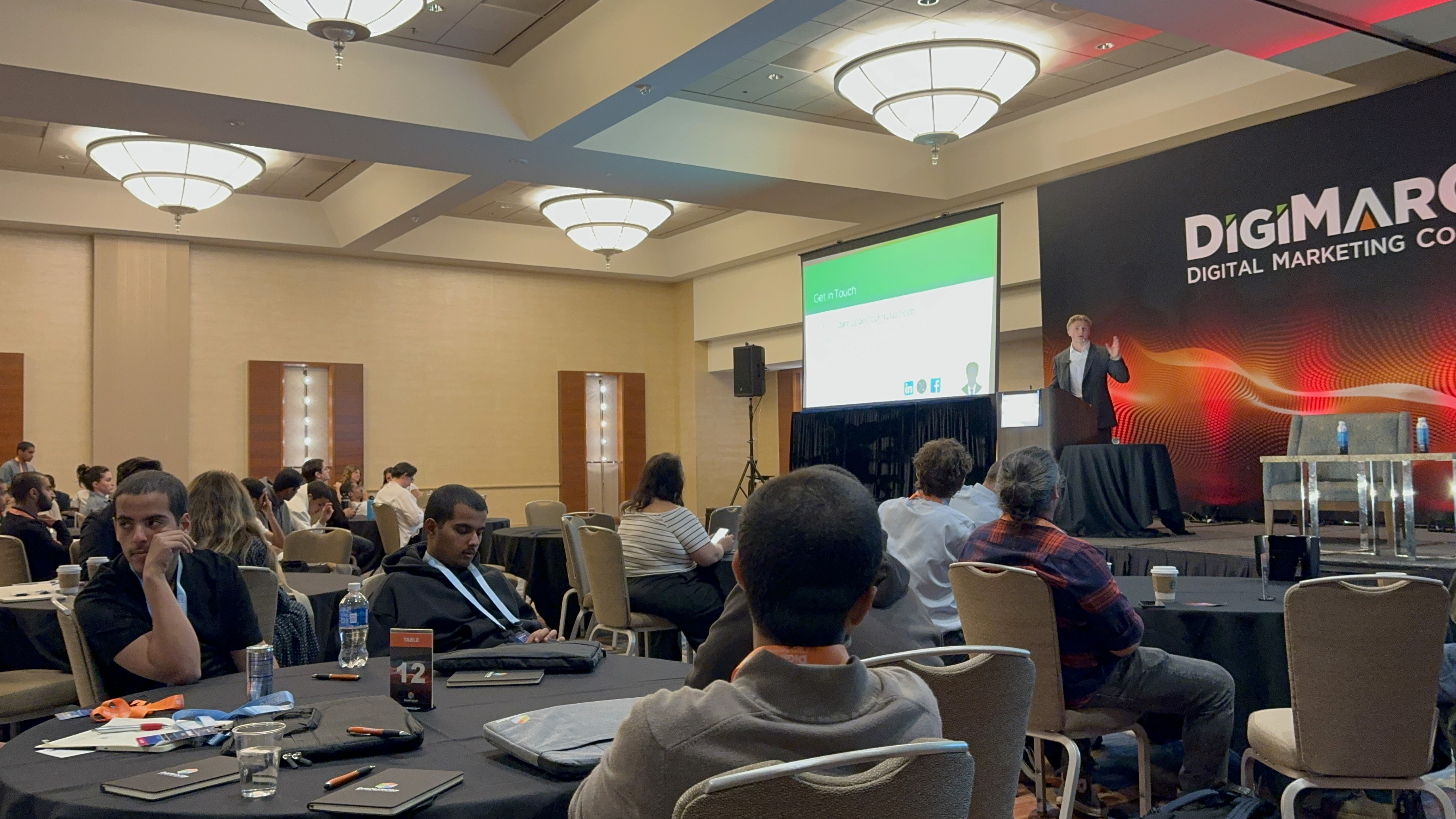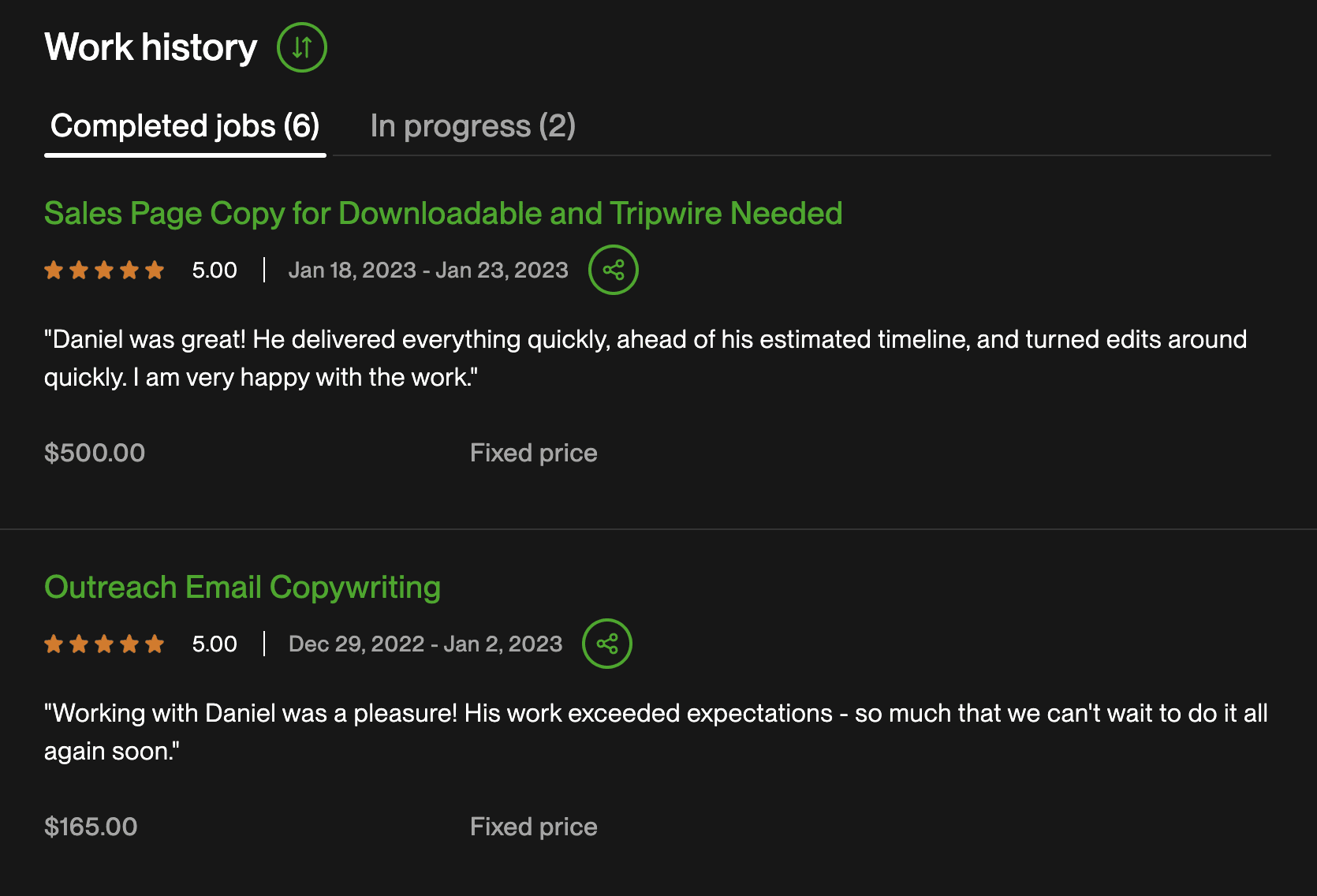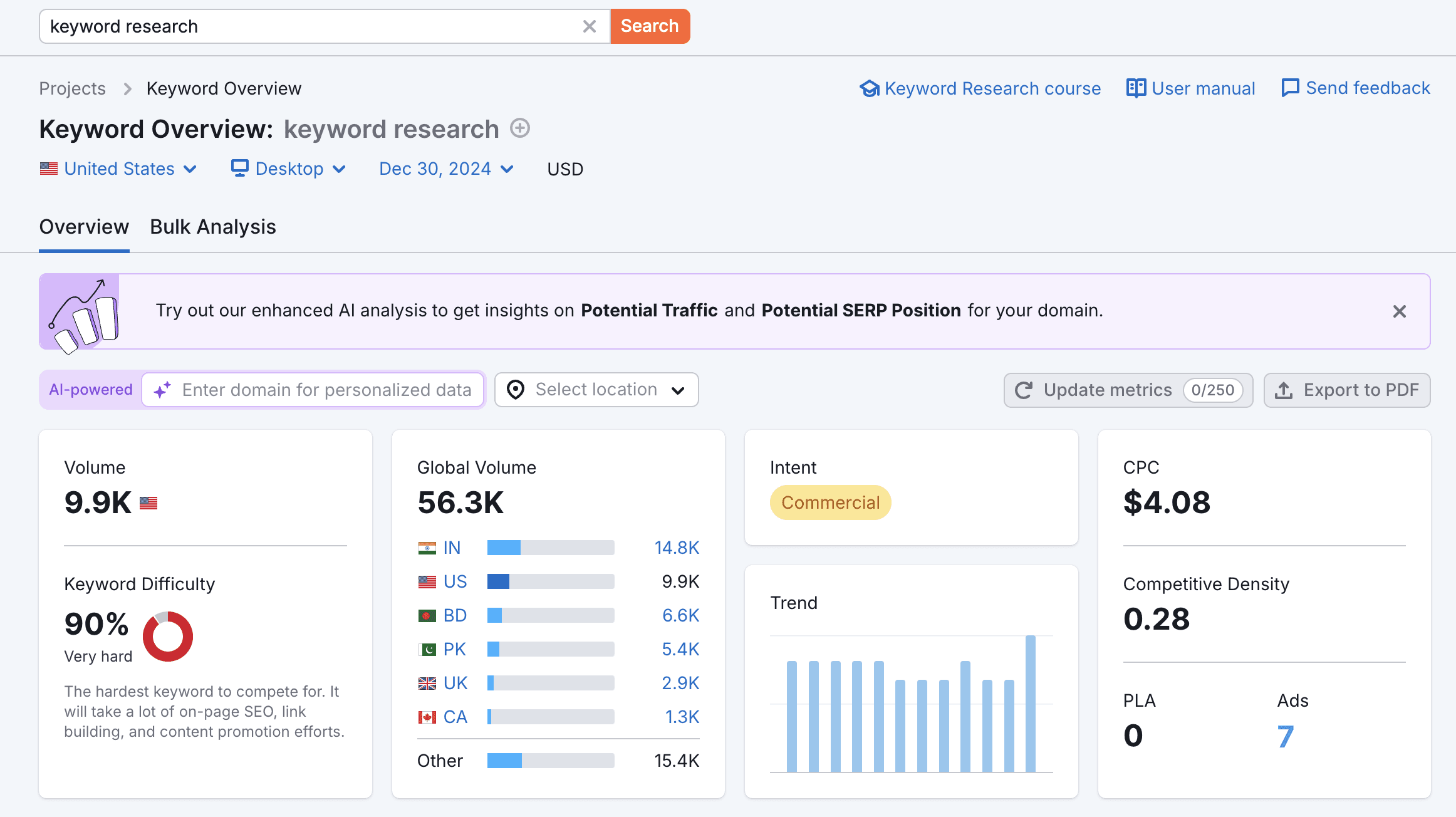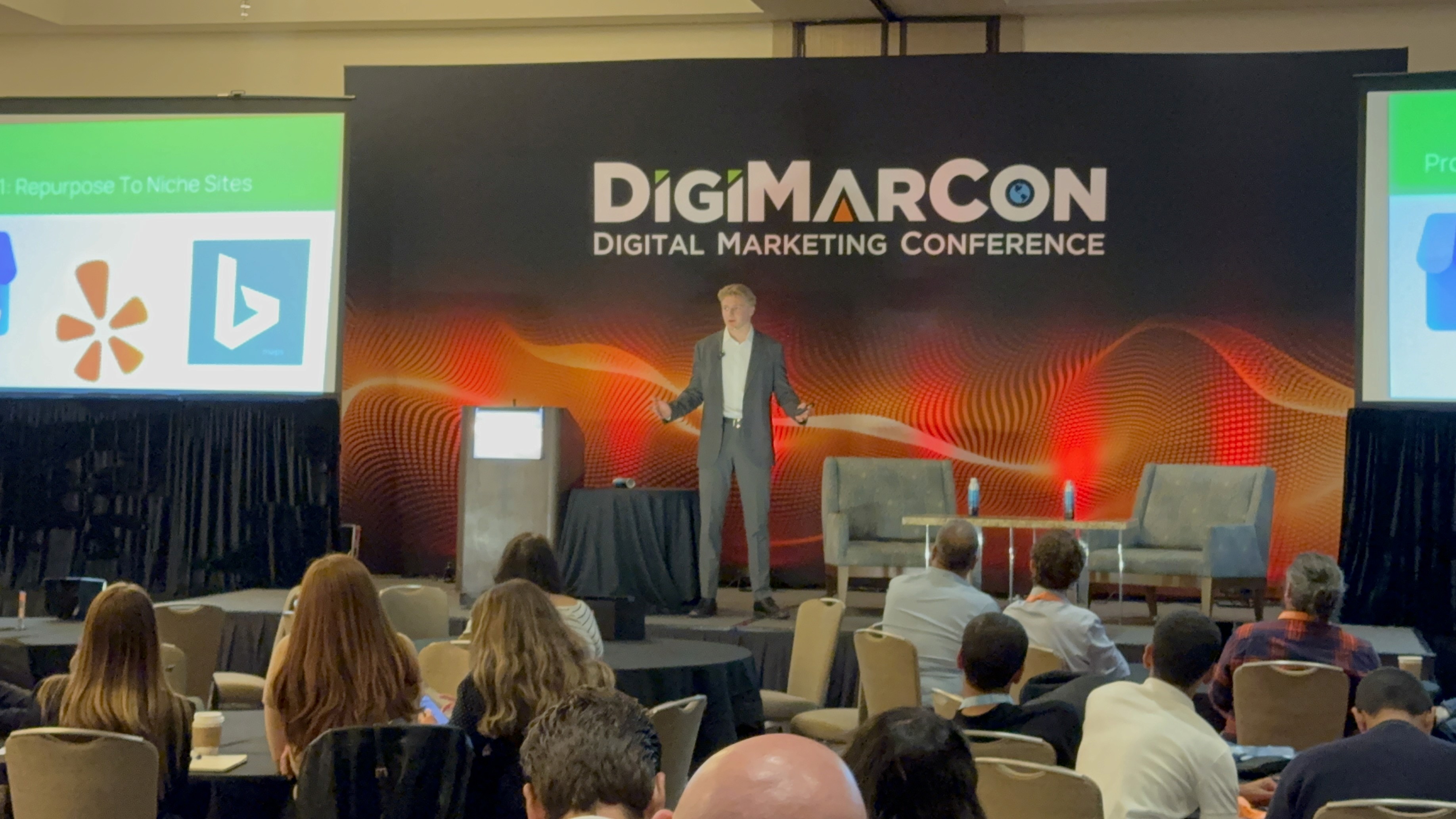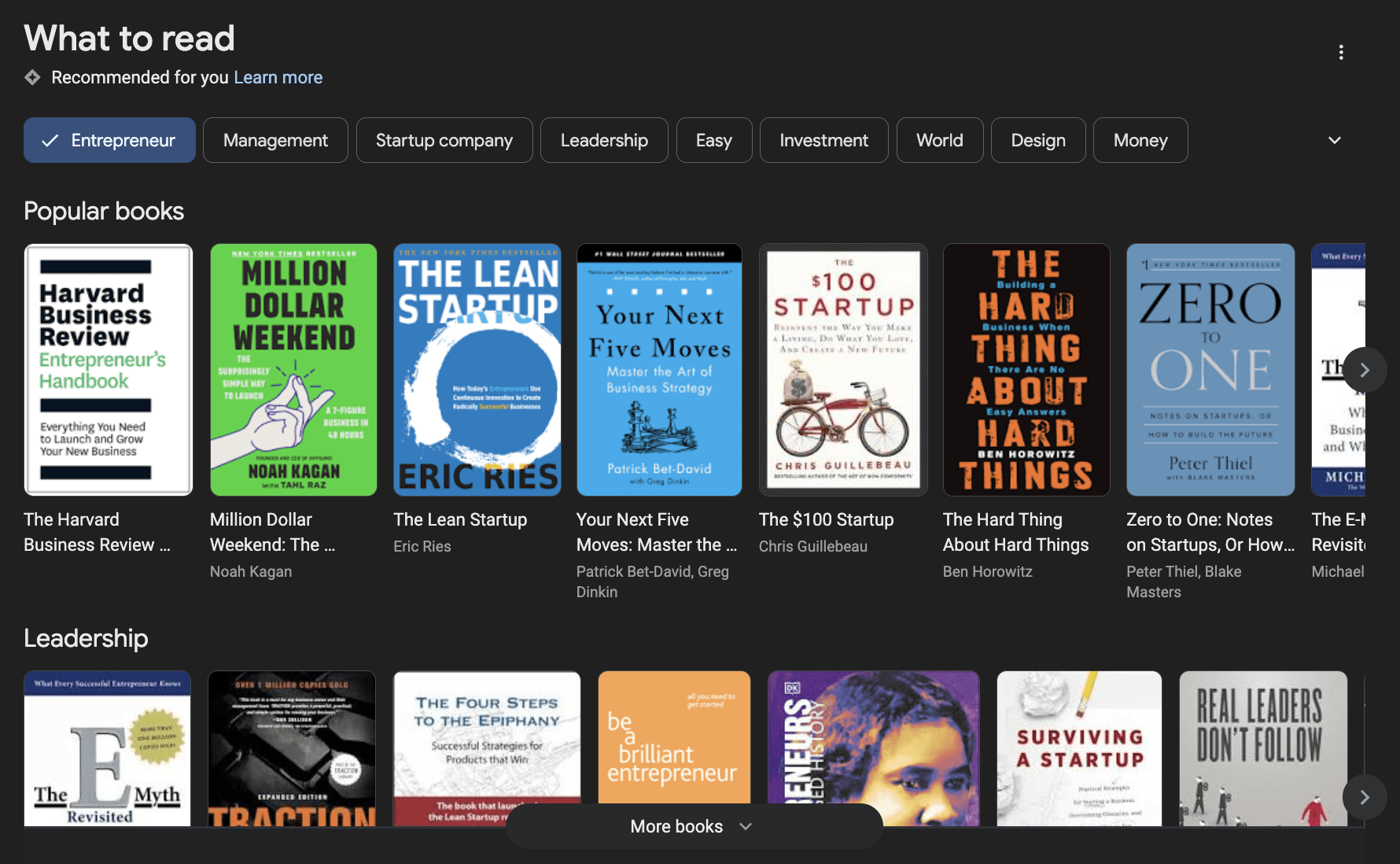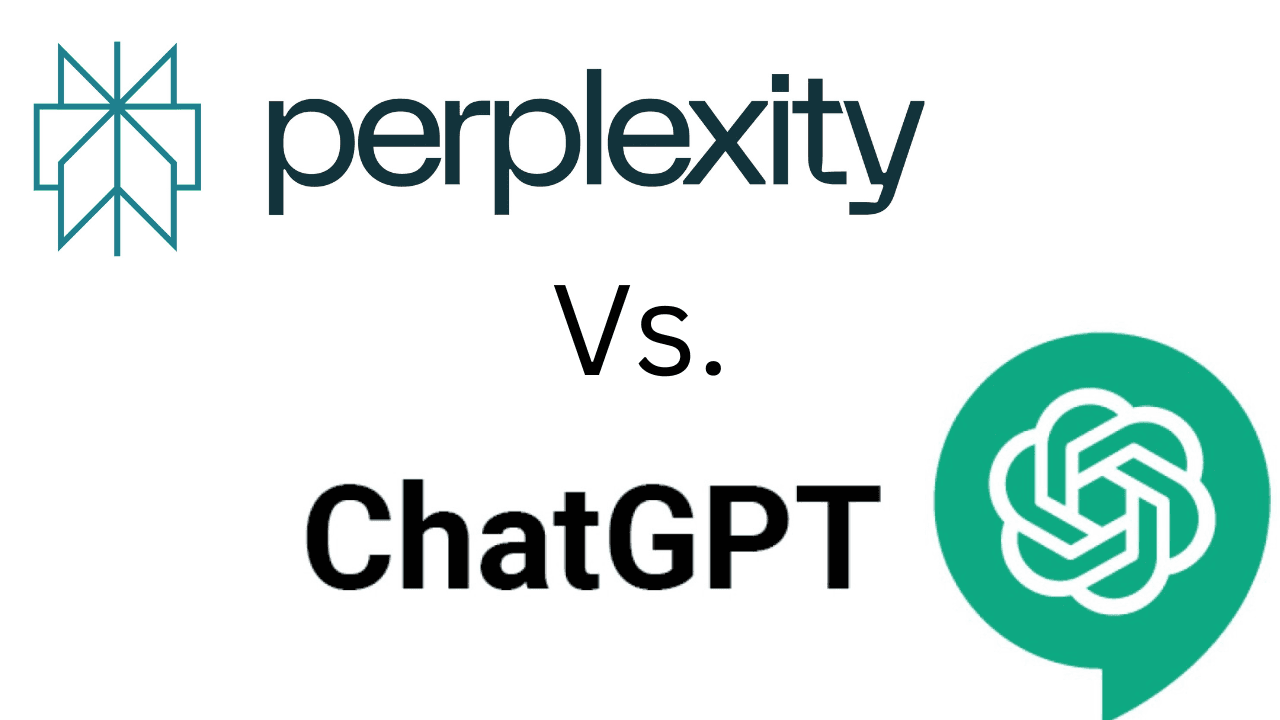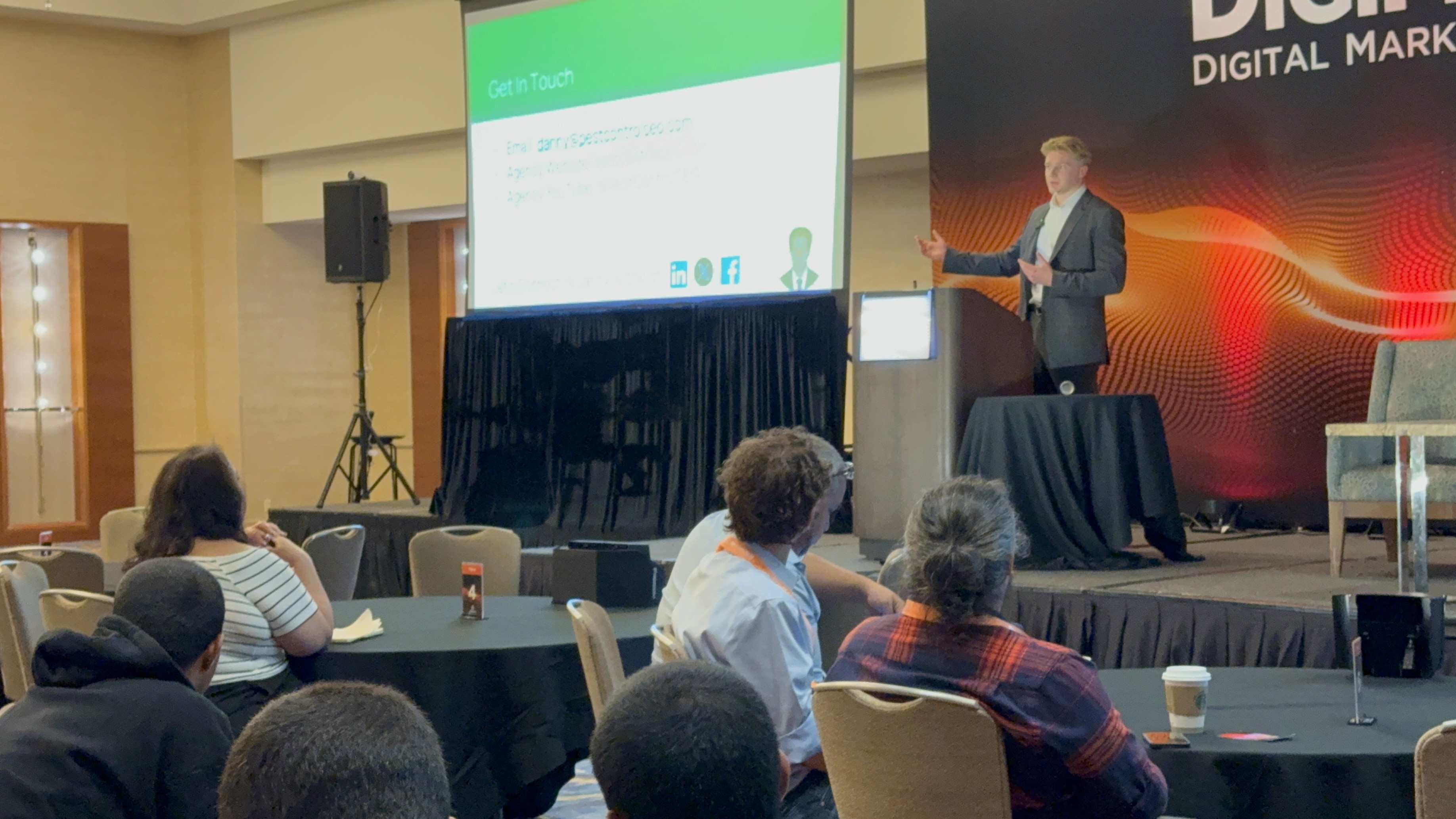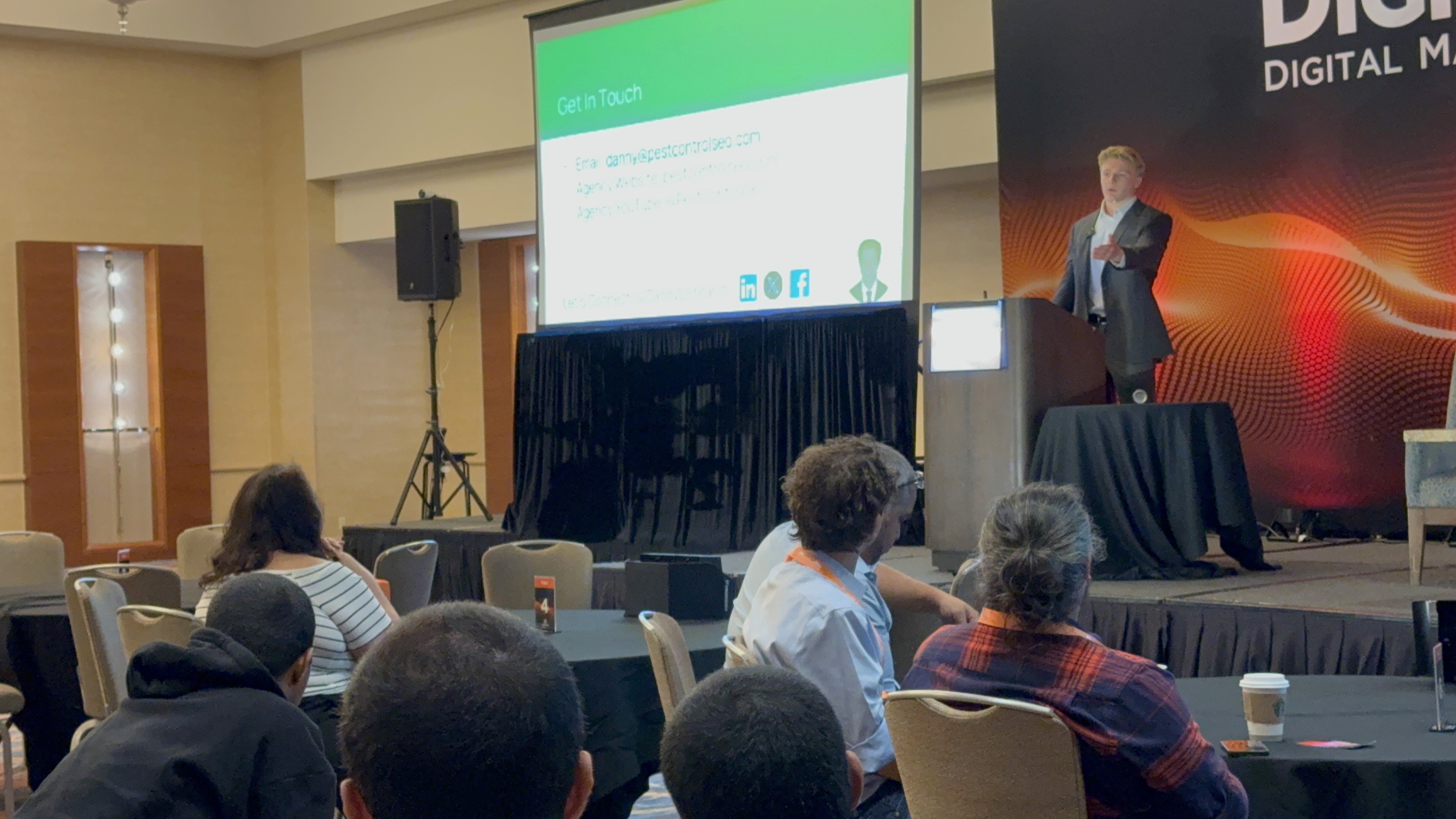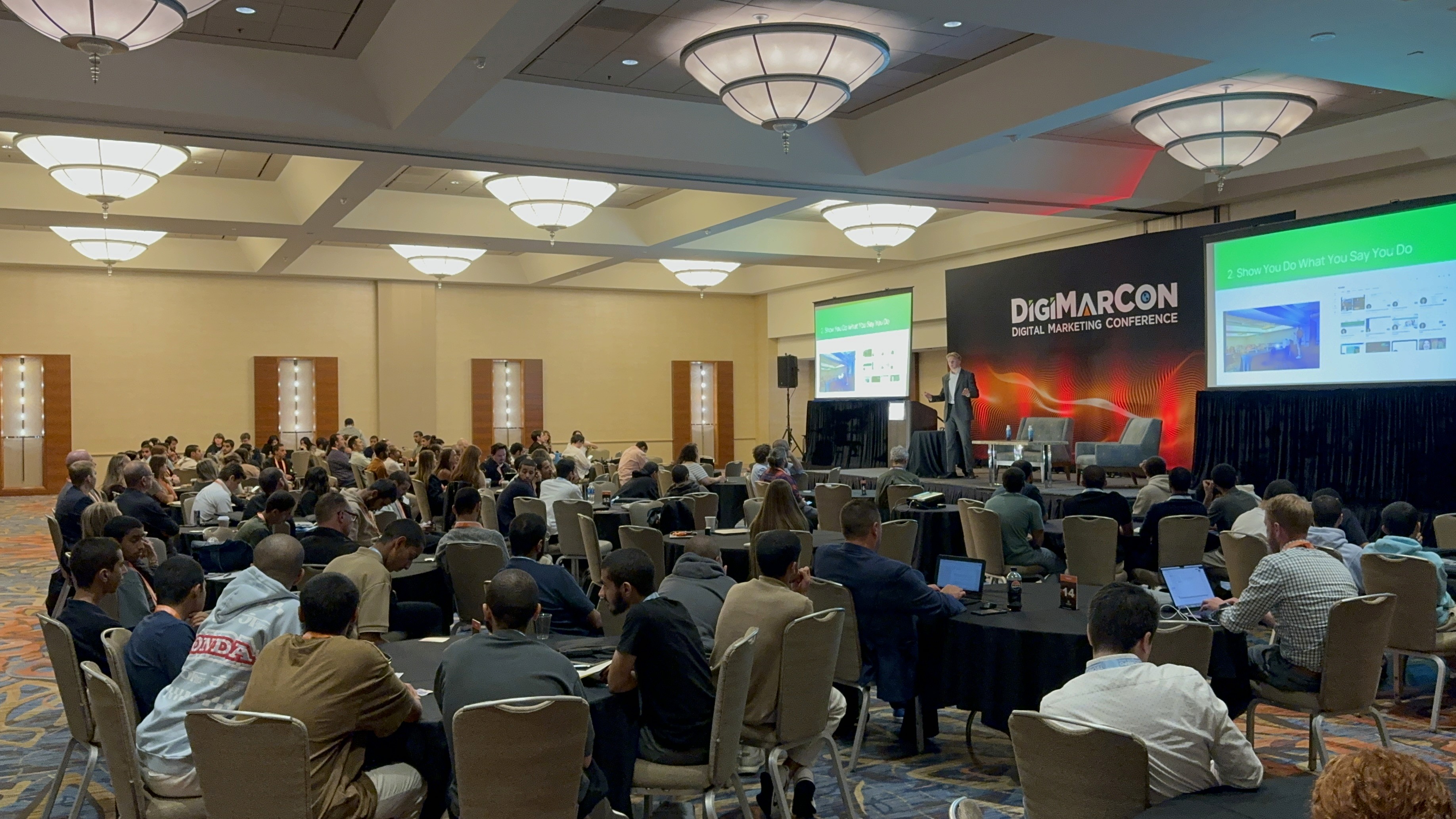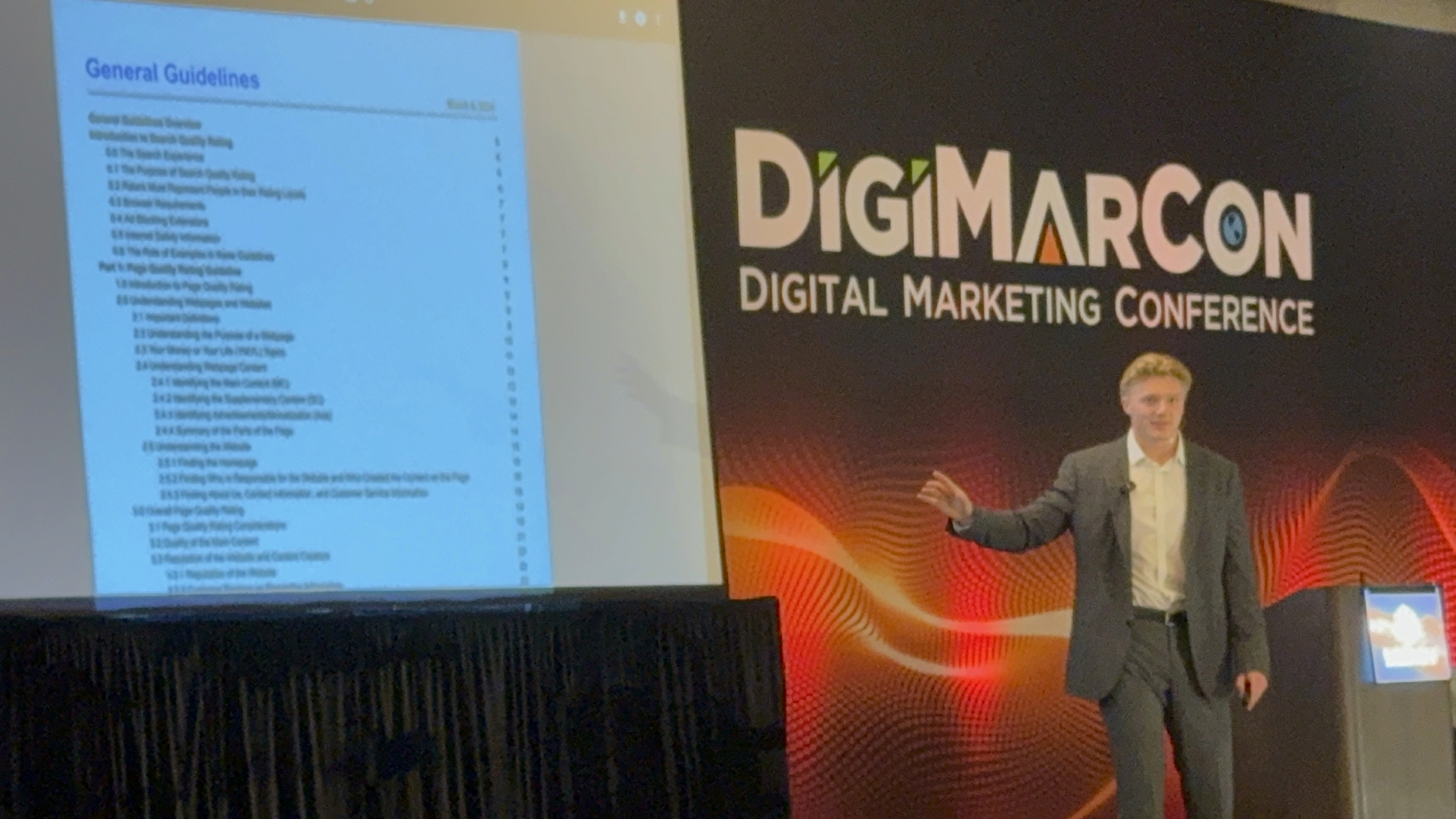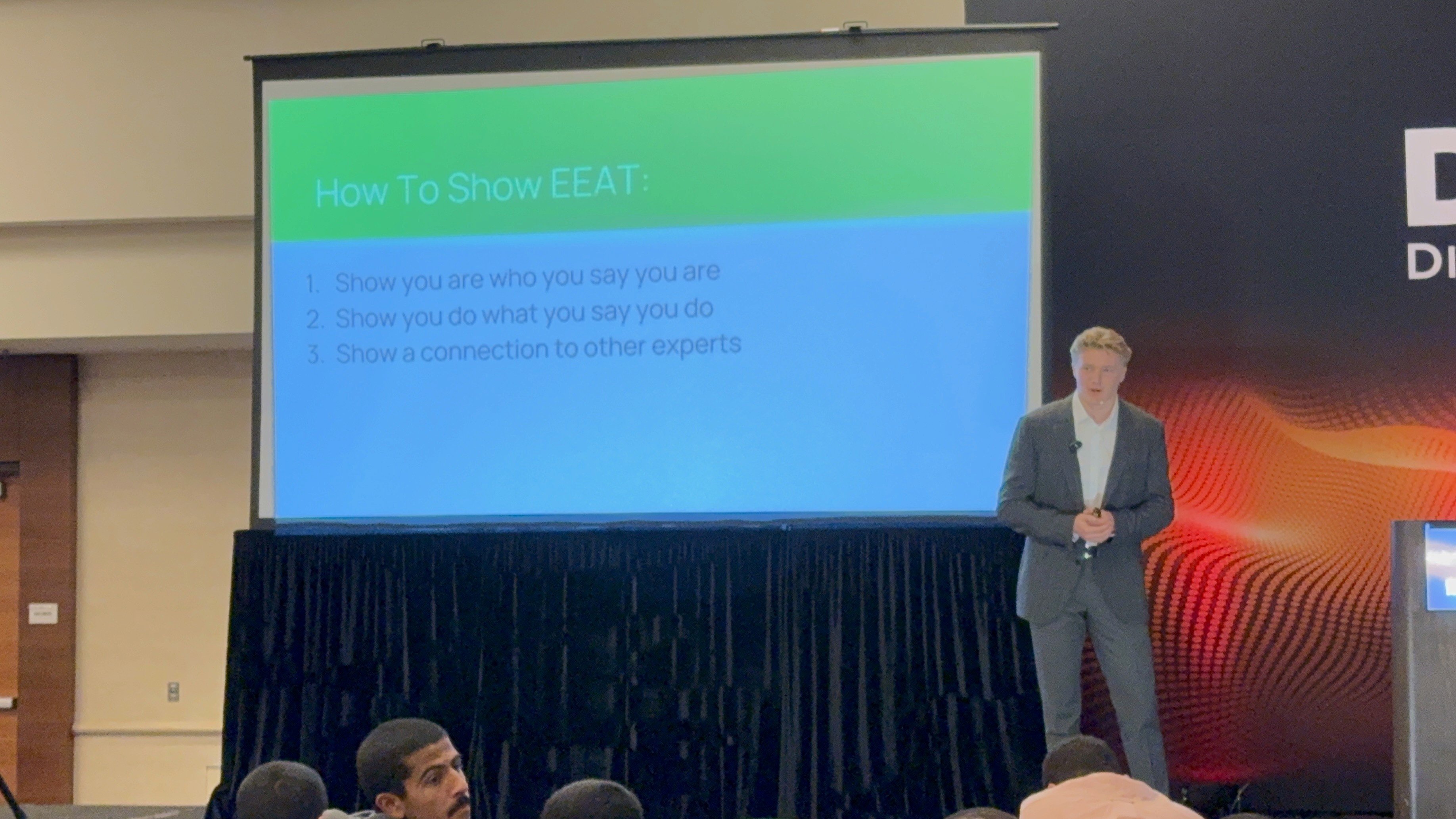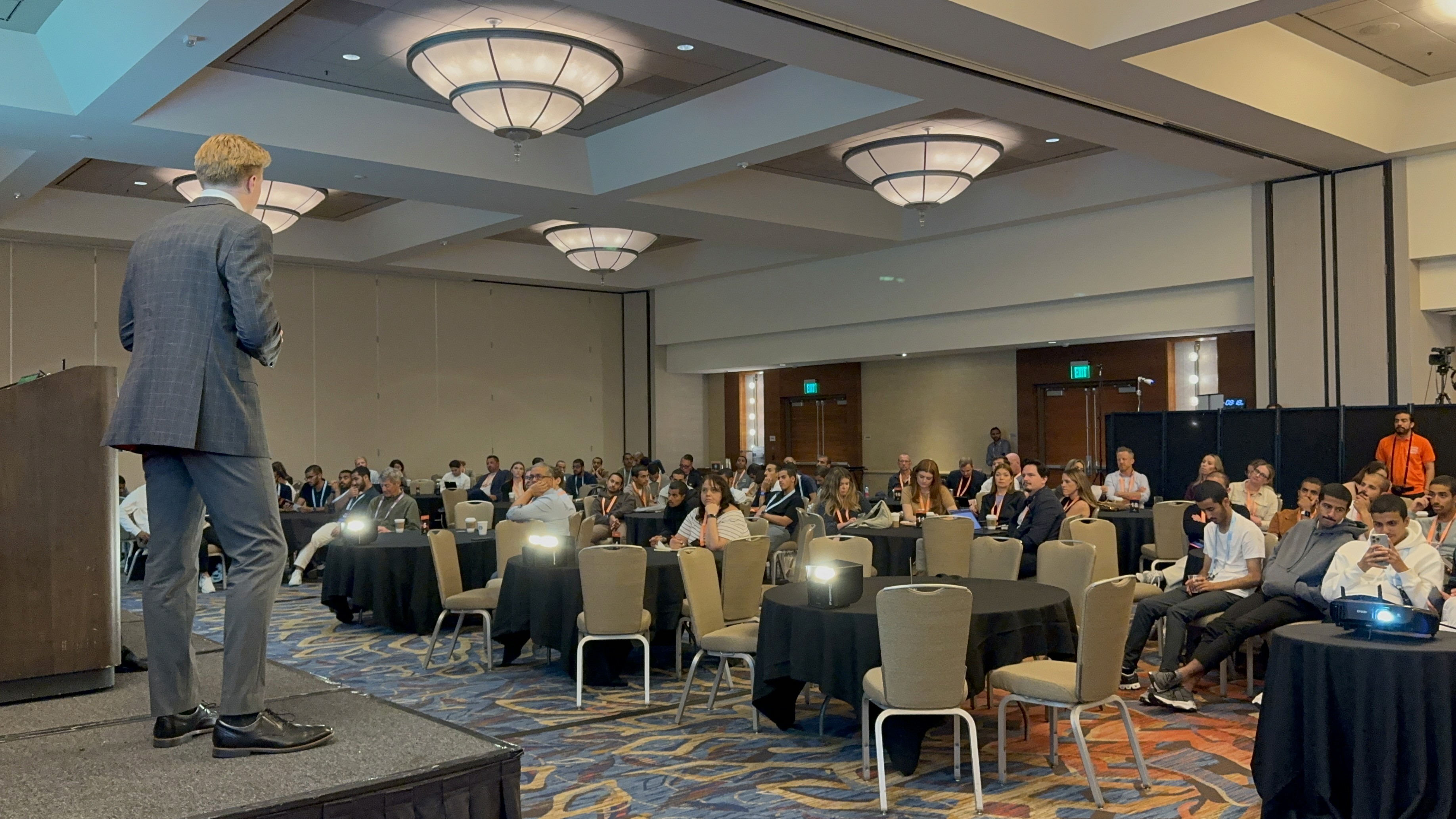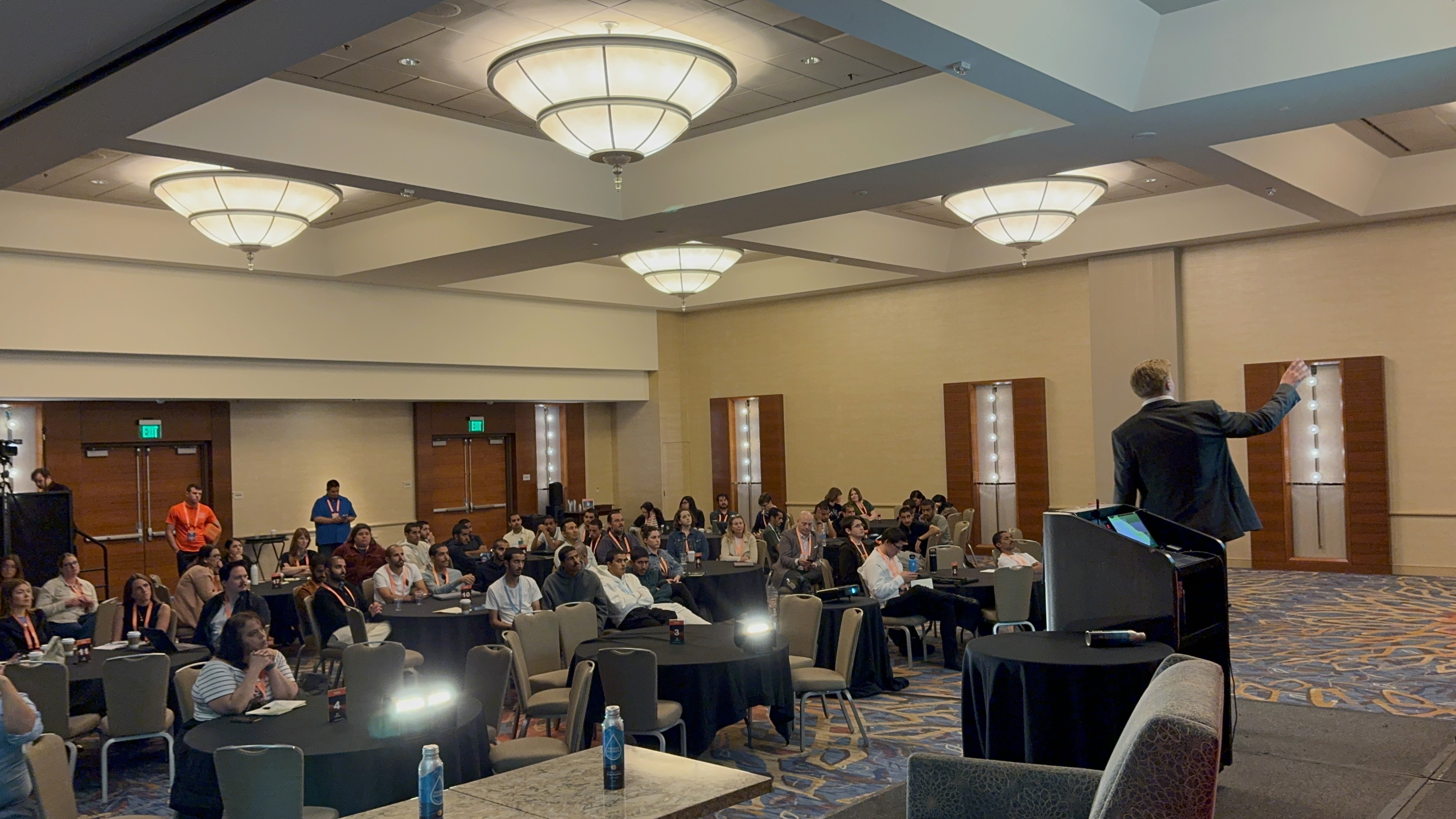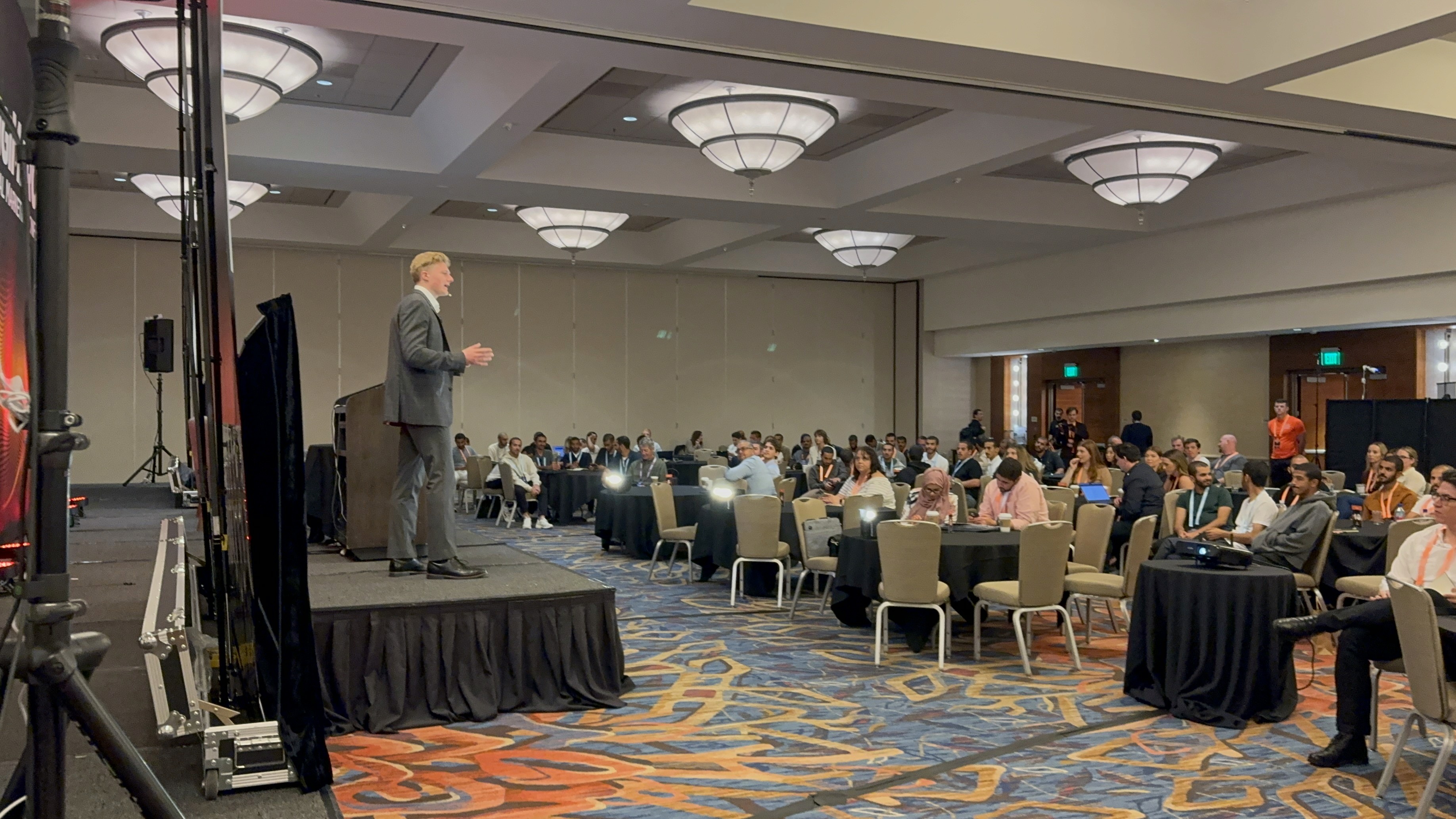SEO
What Is an Average Engagement Rate for SEO?
Nov 21, 2024
If you’re diving into SEO, you’ve probably heard the term “engagement rate” thrown around. But what does it really mean, and how do you measure it? More importantly, what’s considered an “average” engagement rate for SEO efforts? While the numbers can vary based on your industry and goals, understanding engagement metrics is key to evaluating your SEO success.
Let’s break it down.
/ / / / / / / /
What Is Engagement Rate in SEO?
Engagement rate in SEO refers to how users interact with your website after arriving through organic search. It’s an indicator of how well your content satisfies user intent and keeps visitors engaged. Key engagement metrics often include:
Bounce Rate: The percentage of visitors who leave your site after viewing only one page.
Time on Page: How long users spend on a specific page.
Pages Per Session: The average number of pages a user visits in a single session.
Conversion Rate: The percentage of visitors who complete a desired action, like filling out a form or making a purchase.
What’s Considered an Average Engagement Rate?
The average engagement rate can vary significantly depending on the industry, type of website, and content. However, here are some general benchmarks to give you an idea:
Bounce Rate:
Average: 41% to 55%
Good: 26% to 40%
High (needs improvement): 56%+
Tip: High bounce rates may indicate poor user experience, irrelevant content, or slow page load times.
Time on Page:
Average: 2 to 3 minutes
Good: 3+ minutes
Tip: Longer time on page often indicates that your content is engaging and relevant.
Pages Per Session:
Average: 2 to 3 pages
Good: 3+ pages
Tip: Higher pages per session suggest users are finding value and exploring more of your site.
Conversion Rate:
Average: 2% to 5%
High-performing sites: 5%+
Tip: Optimizing your CTAs (calls-to-action) and landing pages can improve conversion rates.
Factors That Impact Engagement Rates
Several factors can influence your engagement rates, including:
Content Quality: Engaging, relevant, and well-structured content encourages users to stay longer.
User Intent: If your content matches what users are searching for, they’re more likely to engage.
Site Speed: Slow-loading pages frustrate users and lead to higher bounce rates.
Mobile Optimization: With most users browsing on mobile, a responsive design is critical.
Internal Linking: Linking to related content encourages users to explore more pages.
How to Improve Engagement Rates
If your engagement metrics aren’t where you want them to be, here’s how you can boost them:
Focus on User Intent: Create content that directly answers user queries and provides value.
Improve Readability: Use short paragraphs, headings, and bullet points to make content easier to skim.
Use Internal Links: Guide users to other valuable pages on your site.
Enhance Visuals: Include images, videos, or infographics to make your content more engaging.
Optimize Load Times: Use tools like Google PageSpeed Insights to ensure your site loads quickly.
A/B Test CTAs: Experiment with different calls-to-action to improve conversions.
How Engagement Rates Tie to SEO Success
Engagement metrics aren’t just numbers—they directly impact your SEO performance. Search engines like Google consider engagement signals (like bounce rate and time on page) when ranking pages. If users consistently engage with your content, it tells Google that your site is valuable and relevant, which can lead to higher rankings.
Final Thoughts
The “average” engagement rate for SEO depends on your industry, audience, and goals. Instead of aiming for a specific number, focus on consistently improving your metrics. Small changes, like refining your content or optimizing for mobile, can significantly impact how users interact with your site.
Remember, SEO isn’t just about driving traffic—it’s about keeping users engaged and guiding them toward meaningful actions. Track your engagement metrics, test new strategies, and adapt over time. That’s how you’ll turn visitors into loyal customers.
Latest
More Blogs By Danny Leibrandt
Get the latest insights on business, digital marketing, and entrepreneurship from Danny Leibrandt.

